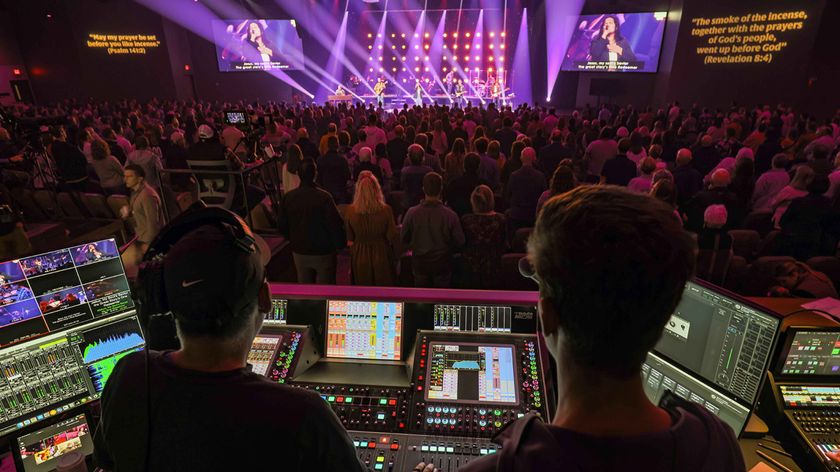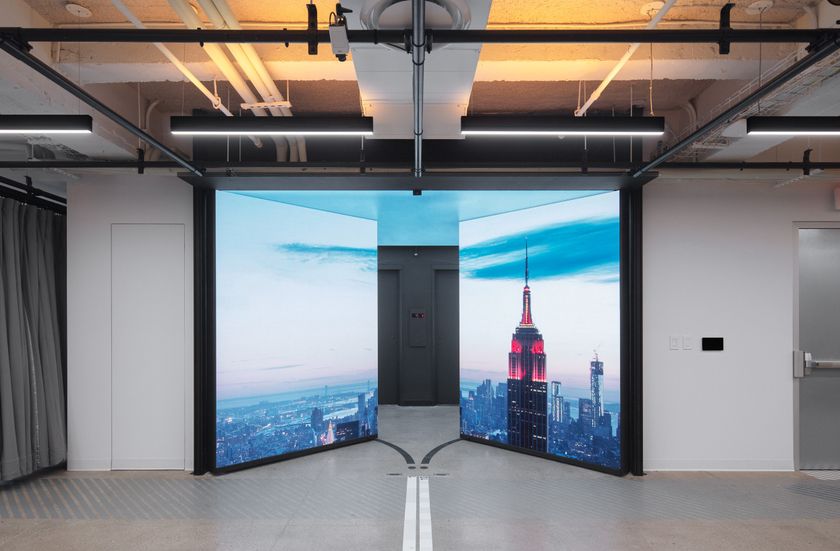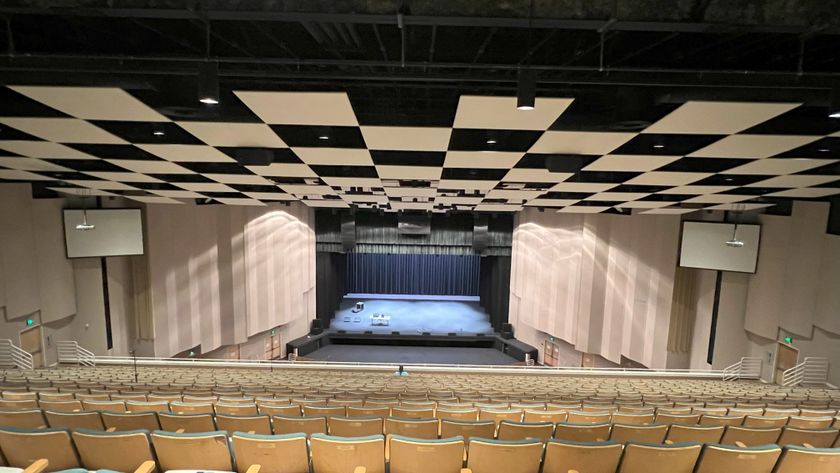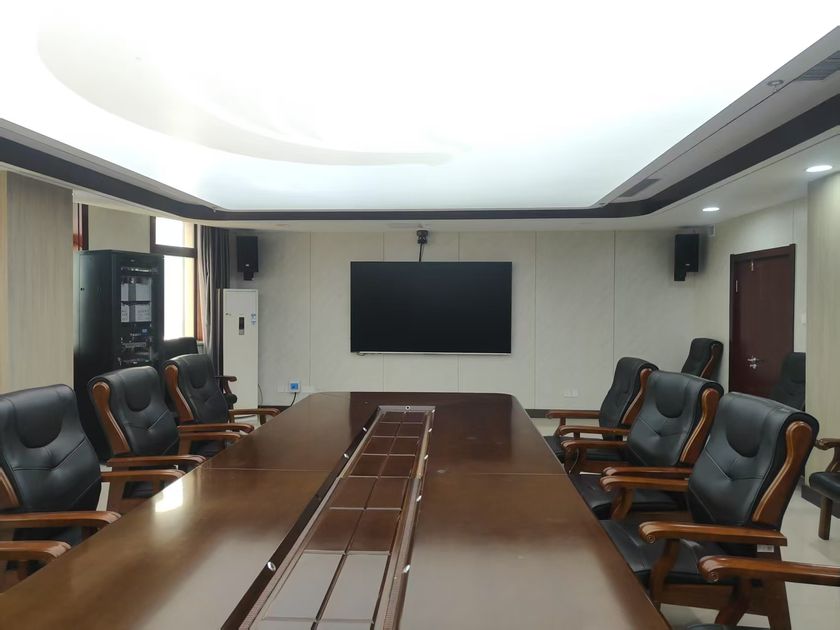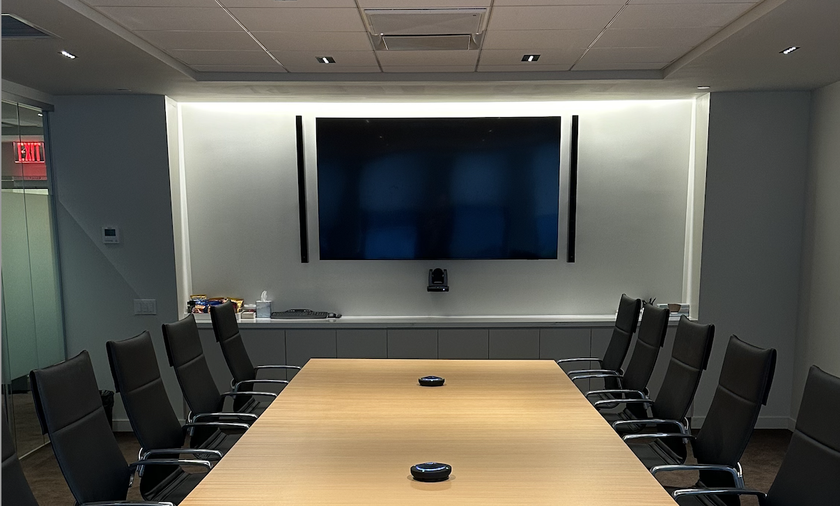- WASHINGTON, DC – The National Football League, Major League Baseball, the National Association for Stock Car Racing, the National Basketball Association, the National Hockey League, the National Collegiate Athletic Association, the PGA Tour, and ESPN today challenged tech companies' "White Spaces" proposals, including a "beacon" plan supported by Google, and asked the Federal Communications Commission to remain focused on protecting wireless microphones from interference from new devices operating in the "white spaces." In their joint filing, the leagues and ESPN, as members of the Sports Technology Alliance, assert that the FCC must require the technology companies that want to sell wireless white spaces devices to prove that their devices won't interfere with wireless microphones, which already operate in white spaces.
- "We are deeply troubled by the crippling disruption and harm that portable devices will cause to live sports events. These devices could knock out wireless communications systems like headsets used by coaches and officials, microphones used by referees to announce penalties and calls, and microphones used by journalists to conduct interviews with athletes and coaches," says Ken Kerschbaumer, executive director of the Sports Video Group, on behalf of the Sports Technology Alliance.
- FCC tests should lay the foundation of the FCC's decision regarding whether to allow technology companies to sell wireless white spaces devices. "Now is not the time," the Sports Technology Alliance said in its filing, "for the Commission to be distracted by proposals that rely on unproven, yet-to-be-developed technical fixes. Google's proposal, similar to a plan earlier offered by Motorola, is particularly unhelpful."
- Noting that each element of Google's proposal is "flawed," the Alliance states that Google's plan would place the burden on existing wireless microphone users, requiring them to purchase and install "beacons," which would jam white space device transmissions. In addition, Google would have wireless microphone users rely on a few channels for transmissions and count on spectrum "sensing" technology for interference protection.
- "Not only is the notion of a beacon just that – a notion – but beacons are really just another form of spectrum sensing, which hasn't been proven to be reliable yet," said Kerschbaumer.
- If FCC field tests cannot demonstrate a failsafe environment for incumbent wireless microphones, the FCC must be prepared to rule that the current state of technology doesn't justify moving forward with these white spaces proposals at this time, according to the filing.
- More than 300 wireless microphones are routinely used at large events like the Super Bowl, the Daytona 500, and the NCAA Basketball Championship Tournament. "Any interference caused by wireless white spaces devices would seriously impair US sports event programming, affecting hundreds of millions of sports fans – denying them full enjoyment of these events. Without a doubt, sports fans will be the real losers here if the FCC fails to protect wireless microphones, " Kerschbaumer said.
